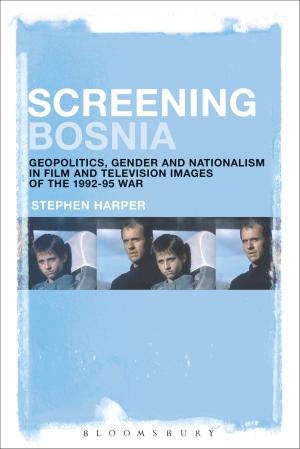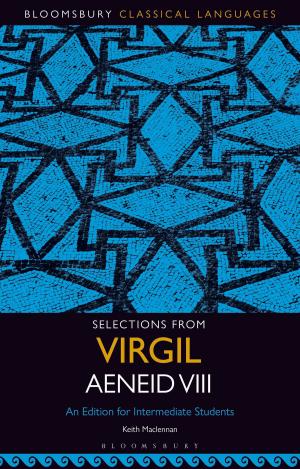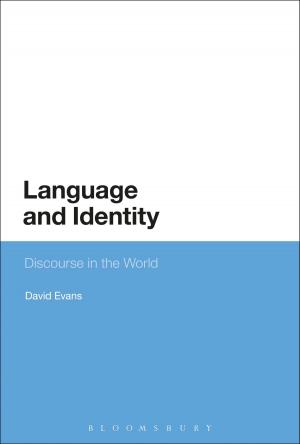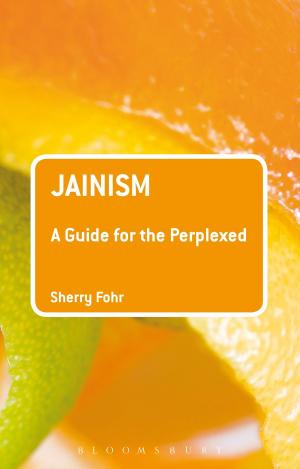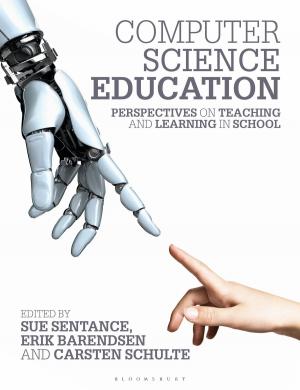Plato
Nonfiction, Reference & Language, Education & Teaching, Reference, Educational Theory, Philosophy & Social Aspects| Author: | Robin Barrow, Professor Richard Bailey | ISBN: | 9781441115096 |
| Publisher: | Bloomsbury Publishing | Publication: | October 23, 2014 |
| Imprint: | Bloomsbury Academic | Language: | English |
| Author: | Robin Barrow, Professor Richard Bailey |
| ISBN: | 9781441115096 |
| Publisher: | Bloomsbury Publishing |
| Publication: | October 23, 2014 |
| Imprint: | Bloomsbury Academic |
| Language: | English |
Plato was the first and most formidable thinker to recognise that education is a fiercely contested concept, and to point out what great social and personal issues are at stake in education. He articulated a compelling argument for a liberal arts education as something peculiarly befitting free and autonomous beings. He understood the centrality of education for human well-being and flourishing. And he was the first to set forth a systematic theory of education.
In this text, Robin Barrow concisely and convincingly establishes the continuing relevance of Plato's views to debates on such issues as nature vs. nurture (or genetic inheritance vs. social background), philosophy vs. sophistry (or the pursuit of true understanding vs. the pursuit of reputation, or perhaps simply truth vs. politics and the media). Questions concerning the fair distribution of education, moral education, value judgments and human nature are explored along with themes more specifically associated with Plato's philosophy such as the Theory of Ideas. The whole is embedded in a clearly presented account of the historical background to Plato's thought.
Plato was the first and most formidable thinker to recognise that education is a fiercely contested concept, and to point out what great social and personal issues are at stake in education. He articulated a compelling argument for a liberal arts education as something peculiarly befitting free and autonomous beings. He understood the centrality of education for human well-being and flourishing. And he was the first to set forth a systematic theory of education.
In this text, Robin Barrow concisely and convincingly establishes the continuing relevance of Plato's views to debates on such issues as nature vs. nurture (or genetic inheritance vs. social background), philosophy vs. sophistry (or the pursuit of true understanding vs. the pursuit of reputation, or perhaps simply truth vs. politics and the media). Questions concerning the fair distribution of education, moral education, value judgments and human nature are explored along with themes more specifically associated with Plato's philosophy such as the Theory of Ideas. The whole is embedded in a clearly presented account of the historical background to Plato's thought.


